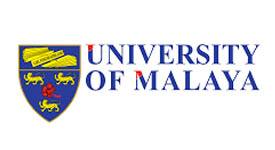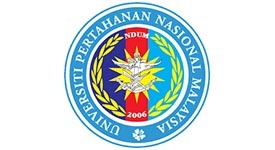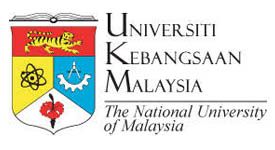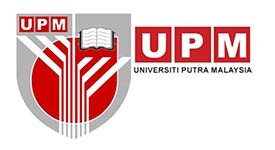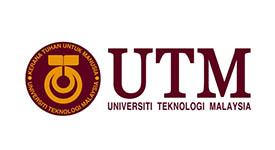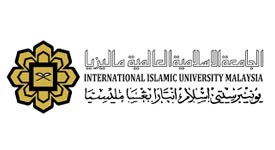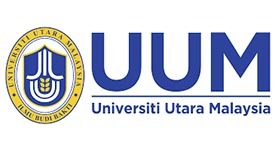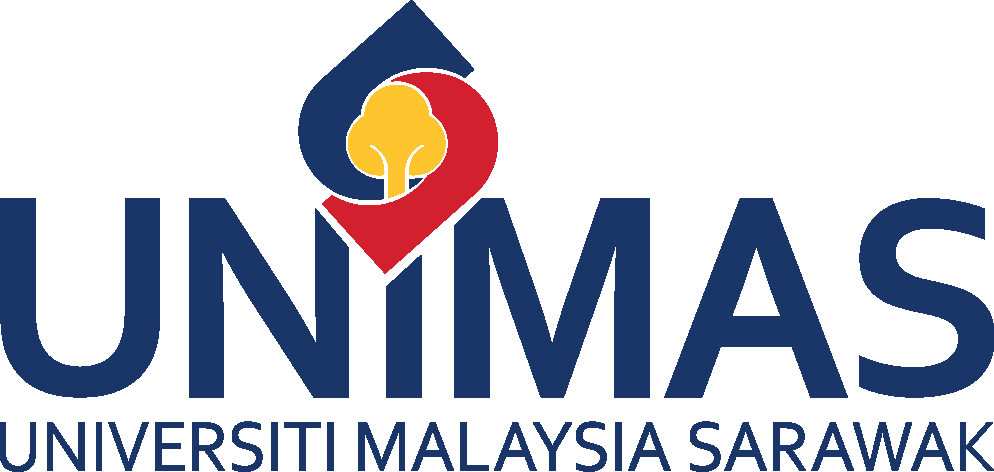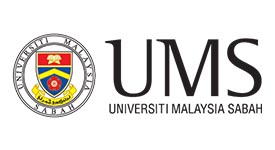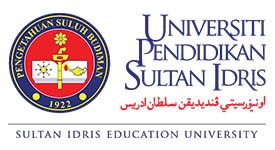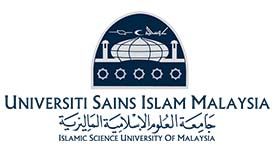Overview of Master of Science in Statistics in University of Malaya (UM)
Malaysia
The Institute of Mathematical Sciences, formed in 1998, started off as Department of Mathematics in 1959. Today, it is one of the largest mathematical institutes in Malaysia. The institute aims to:
- Provide quality education and training in various areas of mathematics;
- Nurture talent in the mathematical sciences and to produce graduates with problem-solving abilities to meet the challenges of an ever-changing world;
- Strive for academic excellence via research and the dissemination of knowledge.
The academic staffs of the Institute are engaged in a broad spectrum of mathematical research, ranging from the highly abstract to areas with real-world applications. There is strong collaborations with international institutions such as: University of New South Wales, University of Ljubljana, UC Santa Cruz, Arizona State University, University of Oklahoma, University of Maine, Exeter University, Flinders University, Murdoch University and Northern Territory University, Simon Fraser University, University of Victoria and Jilin University. Apart from being members of several professional organizations, members of the Institute also serve as referees to various international journals
SUBJECTS
At the end of the program, graduates with MSc. Statistics are able to:
- Comprehend advanced statistical theory covering statistical and mathematical arguments, proofs and abstract concepts.
- Apply technical and practical skills relating to advanced statistics required in different fields.
- Perform social responsibility with the skills in statistics.
- Practice professionalism and statistical ethics required in different areas such as management and medicine.
- Work in a group as a leader in dealing with statistical tasks.
- Solve statistical problems with scientific experience and skills.
- Use statistics in information management that contributes to lifelong learning.
- Practice efficient and effective management and entrepreneurial skills.
|
Master of Science in Statistics
Session 2017/2018
(42 CREDITS)
|
|
1. Program Core Courses (26 CREDITS)
|
|
Course Code
|
Course Name
|
Credits
|
|
SQB7001
|
Research Methodology for Statistics
|
3
|
|
SQB7002
|
Research Project for Statistics
|
10
|
|
SQB7003
|
Statistical Inference
|
4
|
|
SQB7004
|
Probability Theory
|
4
|
|
SQB7005
|
Statistical Laboratory
|
2
|
|
SQB7006
|
Statistical Consultancy and Data Analysis
|
3
|
|
2. Program Elective Courses (16 CREDITS)
|
|
Course Code
|
Course Name
|
Credits
|
|
SQB7007
|
Multivariate Analysis
|
4
|
|
SQB7008
|
Stochastic Models
|
4
|
|
SQB7009
|
Bayesian Statistics
|
4
|
|
SQB7010
|
Decision Statistics
|
4
|
|
SQB7011
|
Generalized Linear Models
|
4
|
|
SQB7012
|
Experimental Design and Quality Engineering
|
4
|
|
SQB7013
|
Statistical Time Series
|
4
|
|
SQB7014
|
Risk Theory
|
4
|
|
SQB7015
|
Stochastic Processes in Finance
|
4
|
|
SQB7016
|
Computer Intensive Methods
|
4
|
|
SQB7017
|
Robust Statistics
|
4
|
|
SQB7018
|
Statistical Methods in Bioinformatics
|
4
|
|
SQB7019
|
Data Mining
|
4
|
|
SQB7020
|
Survival Data Analysis
|
4
|
|
SQB7021
|
Epidemiology Modelling
|
4
|
For international students, candidates are required to have TOEFL results at least 550 or IELTS at least Band 5.5
Minimum Requirements
To be admitted to a Master‘s programme, applicants are required to have a completed and recognized Bachelor’s degree in a relevant discipline and to have obtained a better than average cumulative grade point average (CGPA).
A Bachelor’s Degree (Hons.) or its equivalent in the related field*
*Note
Preference will be given to applicants having a Bachelor’s Degree with CGPA 3.0 and above or its equivalent.
Applicants having a Bachelor’s Degree with CGPA of 3.7 and above can apply directly for the Doctoral of Philosophy (PhD)
